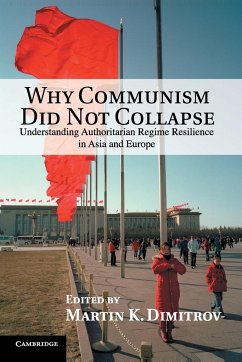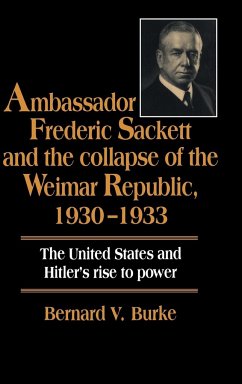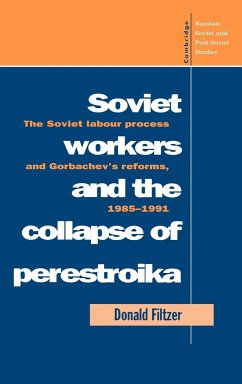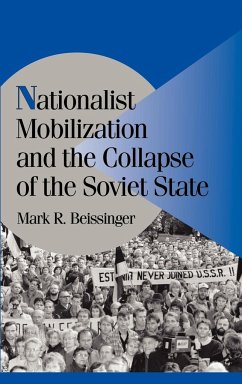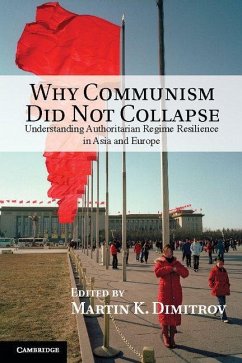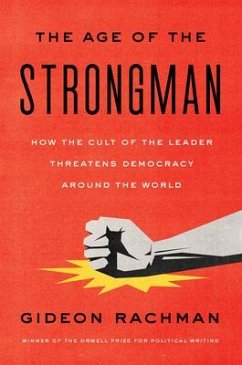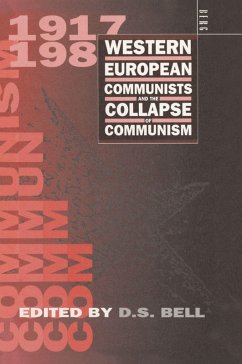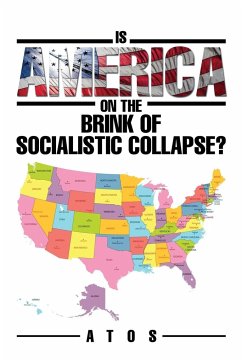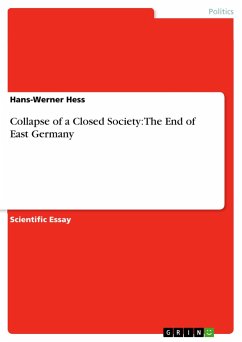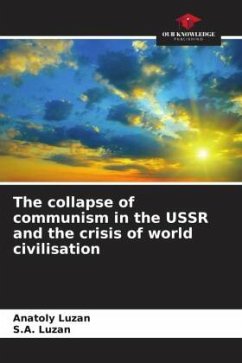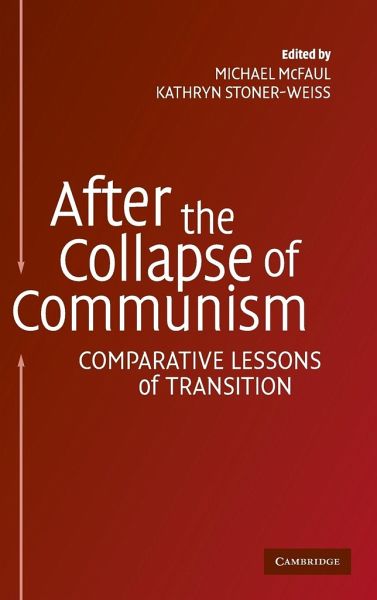
After the Collapse of Communism
Versandkostenfrei!
Versandfertig in 1-2 Wochen
78,99 €
inkl. MwSt.

PAYBACK Punkte
39 °P sammeln!
Short description/annotationA response to the ten year anniversary of the collapse of the Soviet Union.Main descriptionThis collection of essays is the result of a conference convened at Princeton University marking the ten year anniversary of the collapse of the Soviet Union. Some of the best minds in post-Soviet studies focused on the task of identifying in what ways the post-communist experience with transition has confirmed or confounded conventional theories of political and economic development. The result is a rich array of essays examining vital aspects of the transitional decade follo...
Short description/annotation
A response to the ten year anniversary of the collapse of the Soviet Union.
Main description
This collection of essays is the result of a conference convened at Princeton University marking the ten year anniversary of the collapse of the Soviet Union. Some of the best minds in post-Soviet studies focused on the task of identifying in what ways the post-communist experience with transition has confirmed or confounded conventional theories of political and economic development. The result is a rich array of essays examining vital aspects of the transitional decade following the Soviet collapse and the comparative lessons learned. These essays explicitly tally the gains and losses to post-Soviet countries of the last ten years as well as comparing the post-Soviet experience implicitly and explicitly with that of other developing countries. Each essay blends political science theory with fresh empirical analysis.
Table of contents:
Part I. Introduction: The Evolving Social Science of Post-Communism Michael McFaul and Kathryn Stoner-Weiss; Part II: 1. The triumph of Nation-States: lessons from the collapse of the Soviet Union, Yugoslavia, and Czechoslovakia Philip Roeder; 2. The fourth wave of democracy and dictatorship: non-cooperative transitions in the post communist world Michael McFaul; 3. Circumstances versus policy choices: why has the economic performance of the former Soviet States been comparatively poor(?)33; Vladimir Popov; 4. W(h)ither the Central State(?)33; the regional sources of Russia's stalled reforms Kathryn Stoner-Weiss; 5. Parties, citizens, and democratic consolidation in Russia Timothy Colton; 6. Comparative democratization: lessons from Russia and the Post-Socialist World Valerie Bunce; 7. Russians as joiners: realist and liberal conceptions of Post-Communist Europe Michael McFaul and James Goldgeier.
A response to the ten year anniversary of the collapse of the Soviet Union.
Main description
This collection of essays is the result of a conference convened at Princeton University marking the ten year anniversary of the collapse of the Soviet Union. Some of the best minds in post-Soviet studies focused on the task of identifying in what ways the post-communist experience with transition has confirmed or confounded conventional theories of political and economic development. The result is a rich array of essays examining vital aspects of the transitional decade following the Soviet collapse and the comparative lessons learned. These essays explicitly tally the gains and losses to post-Soviet countries of the last ten years as well as comparing the post-Soviet experience implicitly and explicitly with that of other developing countries. Each essay blends political science theory with fresh empirical analysis.
Table of contents:
Part I. Introduction: The Evolving Social Science of Post-Communism Michael McFaul and Kathryn Stoner-Weiss; Part II: 1. The triumph of Nation-States: lessons from the collapse of the Soviet Union, Yugoslavia, and Czechoslovakia Philip Roeder; 2. The fourth wave of democracy and dictatorship: non-cooperative transitions in the post communist world Michael McFaul; 3. Circumstances versus policy choices: why has the economic performance of the former Soviet States been comparatively poor(?)33; Vladimir Popov; 4. W(h)ither the Central State(?)33; the regional sources of Russia's stalled reforms Kathryn Stoner-Weiss; 5. Parties, citizens, and democratic consolidation in Russia Timothy Colton; 6. Comparative democratization: lessons from Russia and the Post-Socialist World Valerie Bunce; 7. Russians as joiners: realist and liberal conceptions of Post-Communist Europe Michael McFaul and James Goldgeier.





